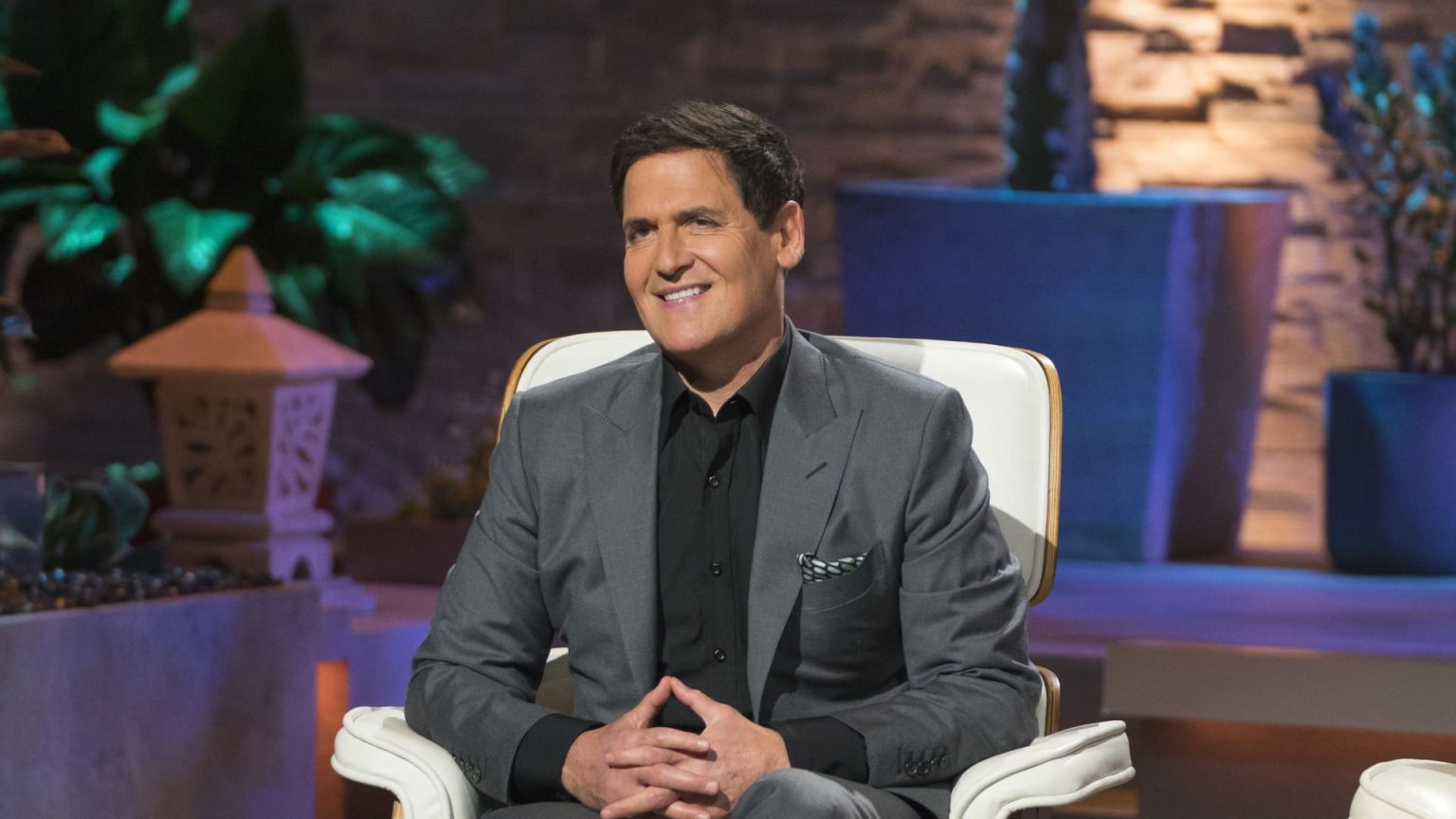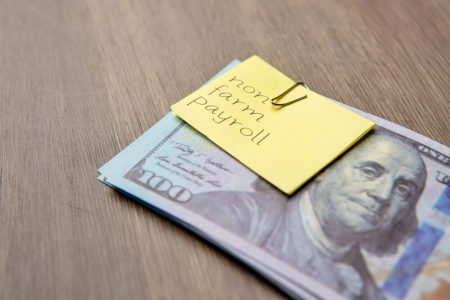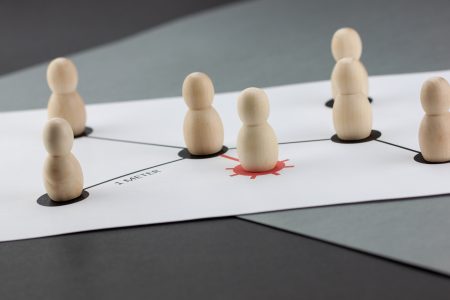That meeting could have been an email, says Mark Cuban.
The billionaire investor, Dallas Mavericks owner, “Shark Tank” personality, author and father of three doesn’t have much time to waste. And he thinks meetings are the number one workplace habit killing people’s productivity and eating away at their time.
In a conversation with bestselling author Chris Voss on the interactive streaming platform Fireside, which Cuban co-founded, he said that people “over-meet and over-call.”
“It kills so much time,” he added.
Cuban has been vocal about his commitment to having power over his own time — he says it’s partly what drove him to want to become successful. To him, meetings are an obstacle to controlling his own schedule.
His daily routine starts with a 6:30 a.m. wake-up where he responds to a morning round of emails, eats breakfast and works out before diving into the rest of his workday. His busy schedule makes rigorous time management a key to his success.
“I try to only do meetings if I have to come to a conclusion or there’s no other way — same with phone calls,” Cuban told Voss in late June.
He says that most meetings get sidetracked by trivial small talk like “Who got the donuts?” and “How are the kids?” instead of working through a productive agenda.
In 2019, well over half of employees surveyed said that meetings were just distractions from getting their work done, according to a poll from organizational consulting firm Korn Ferry.
The onset of the Covid-19 pandemic made things worse. Conference rooms became Zoom calls. Running over to someone’s desk to ask a quick question turned into huddles on Microsoft Teams or Slack. In short, there were now more ways to host meetings and so more meetings were hosted.
The result: According to Microsoft research, people are in three times more Teams meetings per week today compared to February 2020.
Cuban has always been a meetings critic. He told Voss that early in his career, if he had to hold a meeting, he would get rid of all the chairs in the conference room so that anyone who was in attendance had to stand.
“It’s amazing how quickly meetings get over with if no one has a chair or some place to sit,” Cuban lightly joked.
The no-chair policy didn’t necessarily stick, Cuban said. He thinks since he was still early on in his career, he may not have been “established enough to get away with it.”
But even now, Cuban prefers to communicate business matters via email.
“I can respond to those in the middle of the night. Or I can respond to those on my schedule as opposed to have to arrange everything around other people,” Cuban says.
DON’T MISS: Want to be smarter and more successful with your money, work & life? Sign up for our new newsletter!
Take your business to the next level: Register for CNBC’s free Small Business Playbook virtual event on August 2 at 1 p.m. ET to learn from premier experts and entrepreneurs how you can beat inflation, hire top talent and get access to capital.
Read the full article here














